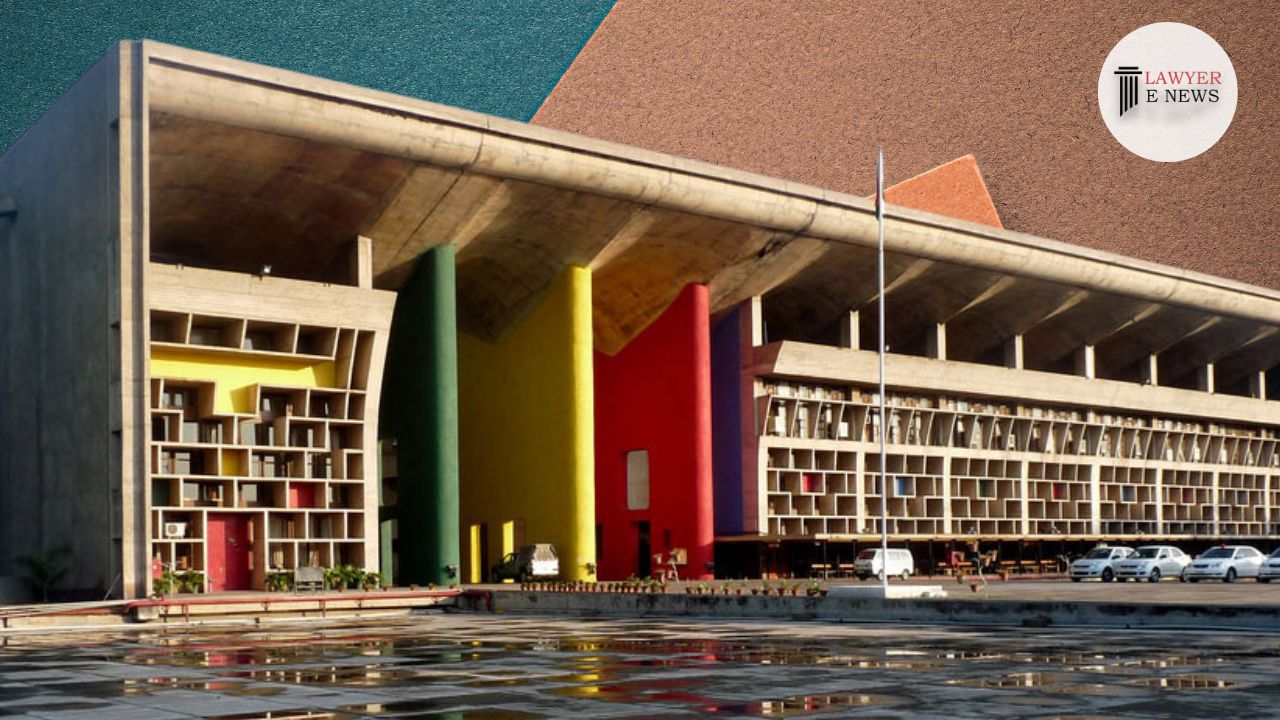-
by Admin
15 February 2026 2:36 AM



High Court of Punjab and Haryana permits anticipatory bail for 75-year-old with advanced carcinoma, utilizing video conferencing for investigation.
The Punjab and Haryana High Court, in a significant ruling, has granted anticipatory bail to a 75-year-old woman suffering from advanced carcinoma. The judgment, rendered by Justice Anoop Chitkara, underscores the judicial system’s adaptability in accommodating the health conditions of accused individuals and leveraging technology for legal processes. The court permitted the petitioner, Dr. Veena Parmar, to join the investigation through video conferencing from the USA, setting a notable precedent for similar cases in the future.
Dr. Veena Parmar, a retired pediatrician with an MD in pediatrics, is facing charges under Sections 409, 420, 120-B of the Indian Penal Code (IPC) and Sections 13(1)(a) read with 13(2) of the Prevention of Corruption Act, 1988. The case revolves around allegations of wrongful and malicious decisions concerning government land, implicating her in a conspiracy with other accused, including a retired Assistant District Collector, Kuldeep Singh. The FIR, registered on August 9, 2023, accuses Dr. Parmar and others of conspiring to declare ownership of shamlat land in favor of private individuals.
Health Condition and Bail Application:
The court recognized the critical health condition of Dr. Parmar, suffering from advanced myeloid leukemia, and her inability to travel from the USA to India. The court highlighted, “Custodial interrogation is unnecessary in this case, given the documentary nature of the evidence and the absence of allegations of the petitioner’s personal interaction with the co-accused.”
Digital Surety Bonds and Video Conferencing:
Justice Anoop Chitkara’s judgment set a significant precedent by allowing the petitioner to furnish bail bonds digitally. The court stated, “The exponential growth in technology and artificial intelligence has remarkably transformed identification techniques, making it feasible to minimize reliance on traditional surety requirements.” This decision reflects a modern approach to judicial procedures, accommodating the health and logistical challenges faced by accused individuals.
The court extensively cited Supreme Court judgments to support its decision, emphasizing the balance between personal freedom and the necessity of investigation. “The basic rule is ‘bail, not jail,’ except in circumstances suggestive of fleeing from justice or thwarting the course of justice,” the court noted, referencing the principles established in Gurbaksh Singh Sibbia v. State of Punjab and other landmark cases.
Justice Chitkara remarked, “The petitioner’s medical condition and the primarily documentary nature of the evidence render custodial interrogation unnecessary. The use of video conferencing and digital surety bonds ensures that the investigation proceeds without compromising the petitioner’s health and fundamental rights.”
The Punjab and Haryana High Court’s decision to grant anticipatory bail to Dr. Veena Parmar highlights the judiciary’s responsiveness to the health needs of the accused and the potential for technological integration in legal processes. This ruling is expected to influence future cases, promoting a more humane and adaptable approach to justice, particularly for vulnerable individuals with severe health conditions.
Case Title: Veena Parmar vs. State of Punjab
Date of Decision: May 30, 2024
Case No.: CRM-M-13898-2024
